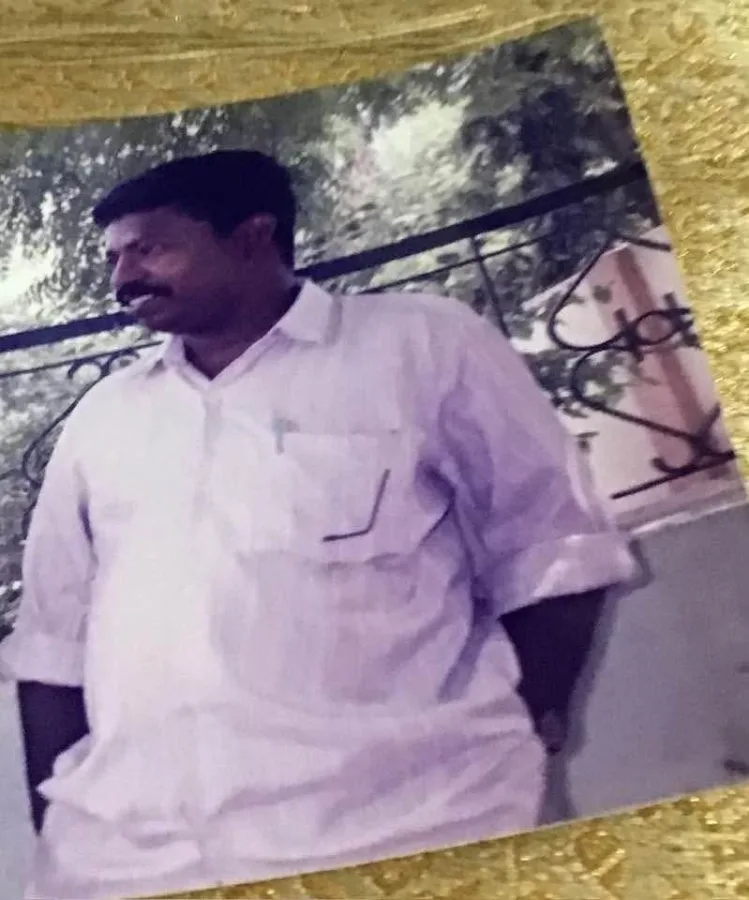Read in : தமிழ்
The DMK has sought to project its ideology in Delhi. The DMK has sought a national profile and opened its Delhi office recently. But the practical side is that the DMK has little heft in the Delhi establishment. Some DMK leaders have personal equations in Delhi but they don’t benefit the state. .
It has been a year since the DMK came to power in the state after a decade. So far, the state’s relationships with the Union government and its major departments have not been smooth. Many of the controversies raised by the ruling DMK government were unwarranted.
The dubious social welfare politics or the DMK ideology has had several flaws since the beginning. The current DMK government’s scathing criticism of the Narendra Modi government at the national level has been rooted in poor thinking, especially on issues like NEET, sharing of GST to states, hostility to Hindi, lip service to federalism, disrespect of Constitutional posts such as the Governor.
The current DMK government leadership has not taken advantage of the national projects for growth and development for state welfare. Instead it has refrained from forging live links with the power structure in Delhi, in the Union government and its departments, think tanks and so on. Even a state like Kerala has been able to achieve much for itself by cultivating links in New Delhi.
The current Union cabinet has several ministers and other top policymakers with important portfolios with strong roots in Tamil Nadu. The state can benefit hugely from their role at the national level for the growth and development of the state. However, the DMK ideology makes a virtue of its disconnect with Delhi which will only erode the progress the state has made so far.
The current Union government cabinet has several ministers and other top policymakers with important portfolios with strong roots in Tamil Nadu. The state can benefit hugely from their role at the national level for the growth and development of the state.
The Union Finance Minister Nirmala Sitharaman, External Affairs Minister S Jaishankar and L Murugan, who is the Minister of State for Fisheries, Animal Husbandry and Dairy, have roots in Tamil Nadu. But the state government is not reaching out to them with the right perspective to get policy support, financial help, and industrial units key to the development of the state.
Moreover, there are several top policymakers in the national government such as Chief Economic Advisor V Anantha Nageswaran, Finance Secretary and Secretary for Expenditure T V Somanathan, the Governor of Reserve Bank of India, Shaktikanta Das who is a retired IAS officer of Tamil Nadu cadre, T S Tirumurti who is now Permanent Representative of India to the United Nations, and Brajendra Navnit who is the Ambassador and Permanent Representative of India To WTO.
Further, Tamil Nadu cadre IAS officers like B Anand (Secretary for Ex-Servicemen Welfare), Jatindra Nath Swain (Secretary for Fisheries), K Rajaraman (Secretary(T) and Chairman of Digital Communications Commission, Vibhu Nayar (Executive Director at trade promotion), Anita Praveen (Special Secretary at Telecommunications), R Jaya (Additional Secretary, Tribal Affairs) and others have roots in Tamil Nadu. But it doesn’t look like the state government is engaging with them.
A couple of years ago, among major states, Tamil Nadu was ranked No.1 in governance. But governance has declined during the DMK government’s tenure. Core infrastructure and development projects have not been given top priority except in the state capital to some extent. Crimes against children, women and the elderly have risen.
The DMK government focuses on social welfare measures for votebanks. It cannot attract large investments and business development without improving the law-and-order situation, bringing transformative reforms in core sectors like MSMEs, cracking down on corruption,
In the SKOCH Governance Report Card for 2021 that ranks performance of chief ministers and major sectors in the state, Tamil Nadu features nowhere in the best performance rating. Tamil Nadu was ranked 5th only in agriculture. The state has not been ranked in major sectors like health, rural development, police and safety, water, municipal governance, transport, E-governance, district administration, finance, and revenues. The report should serve as a warning and the government should make a course correction. But its ideology may not permit that.
The DMK government focuses on social welfare measures for votebanks. It cannot attract large investments and business development without improving the law-and-order situation, bringing transformative reforms in core sectors like MSMEs, cracking down on corruption, Further, the state PSUs are mostly loss-making units and are not given priority to reform to make them profitable.
On the other hand, due to the state government’s disconnect from the Delhi establishments, largely arising from DMK ideology, the flagship schemes of the Union Government get diluted by the state government. The classic case is the GAIL pipeline project that is still stuck in Tamil Nadu. Even in Kerala, this project was completed successfully.
The impact of the mismanagement has been severe in sectors like electricity, transport, and road and highways development. This has an impact on job opportunities with educated youth migrating to other states/cities.
To sum up, the state is failing to leverage potential resources in Delhi. Without linking up with the national government and departments, the state cannot take the economy to the next level.
(The author is an economist and public policy expert)
Read in : தமிழ்











